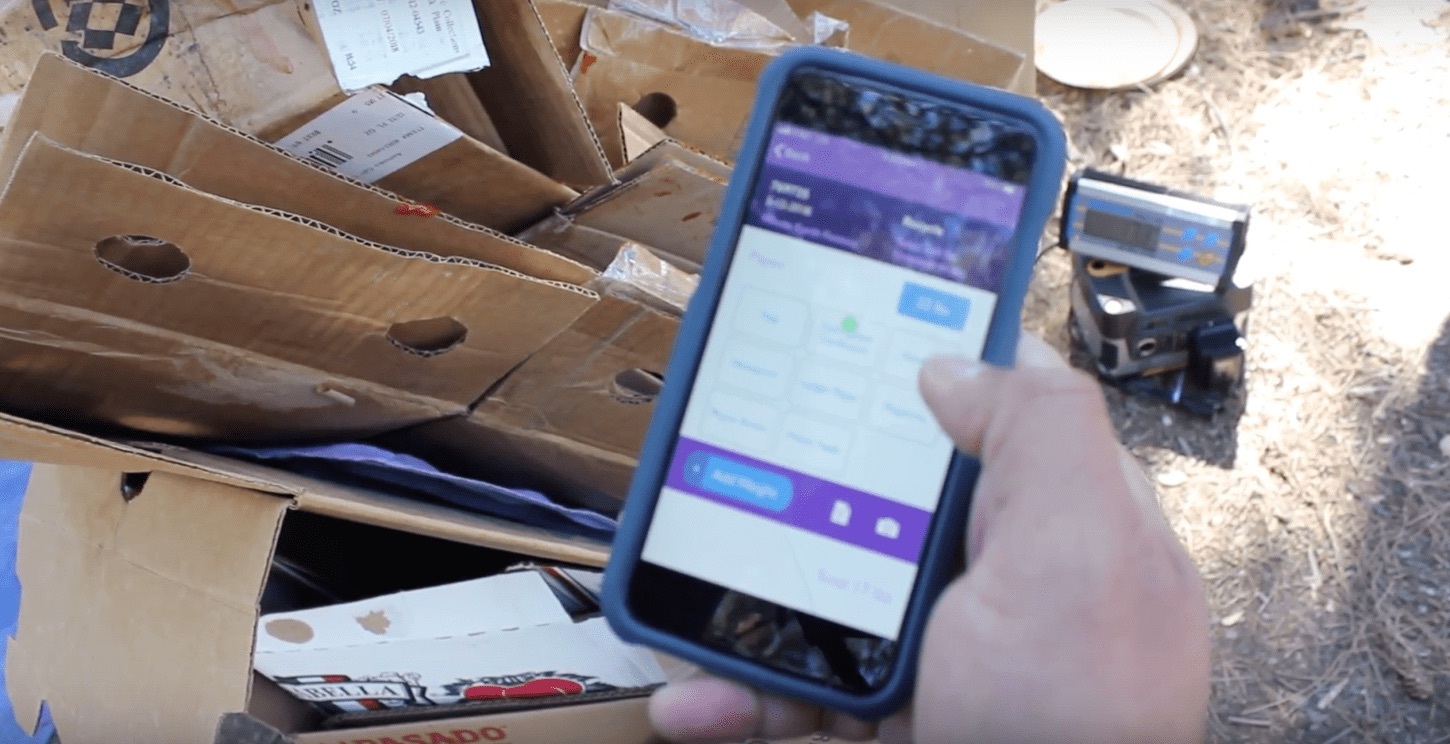This week Nik Balachandran, Founder and CEO of Zabble, discusses what he is working on and the broader waste management sector.
Can you describe what Zabble does and its impact?
Zabble’s mission is to enable organizations to achieve zero waste by delivering real-time actionable insights. We have developed a 360-degree zero-waste management platform that: 1) helps universities and hospitals monitor their waste streams within their buildings, and 2) automates invoices received from the haulers to extract service levels, costs and any anomalous charges. We help our clients create campaigns to reduce contamination, find alternatives to generate less waste and stay on top of their waste bills and service levels with real-time analytics. We are the only software platform that provides hyper granular data to pinpoint the source of contamination down to the area within the buildings, whether it’s in the loading dock or in a recycling bin on a certain floor.
What does current ecosystem look like, and how does Zabble add value?
The current ecosystem consists of service providers that are large consulting firms. These firms manually parse through invoices to provide a limited number of charts lacking insights, and they also conduct one-time waste audits that are not reflective of the changing nature of waste in buildings. There are also software companies who primarily work with haulers and municipalities to streamline data collection and operational analytics, but these efforts are not in the best interests of large waste generators.
Zabble automates the end-to-end pipeline of waste data collection and analytics to deliver real-time actionable insights directly to our client’s mobile devices, emails, and their own customized interactive web dashboard.
We are constantly innovating by incorporating new technology as we seek to streamline data collection and analytics. For example, we recently soft launched Zabble Zero AI™, a feature that automatically suggests how full a bin is from analyzing an image and also recommends items that shouldn’t be in there based on the jurisdiction. We can do this because our customers and the industry is constantly giving us feedback on what type of information makes it easy for them to implement and track zero waste initiatives. Ultimately, we help our clients and their communities see less waste go to landfills, unlock new opportunities to implement waste reduction techniques, help decrease their environmental footprint, and become sustainability champions.
What are the current trends in the sector? What does the future look like?
The industry is definitely moving towards more automation. Currently, material recycling facilities are getting fitted with robots that automatically sort items on a belt and provide instant waste characterization. We also see smart sensors on trucks and dumpsters that can identify items being tossed. We want to buck the trend by involving people in the equation because it is ultimately people that make decisions that impact their surroundings. So, we are building tools that enhance people’s work and empower them to report issues with contamination and other operational aspects of building waste management because they know their leadership is listening to them and is making the right choice for their workplace. At the same time, all mundane aspects of data collection and analytics are automated for instant delivery of actionable insights to stakeholders. The future is an intelligent closed loop ecosystem where humans are connected to their environment and can see first-hand how their decisions impact it.
About The Author

Daniel currently works at Lawrence Livermore National Laboratory. His original assignment was to maintain and update facility safety documentation for all facilities on-site, and perform risk analysis. Over time, his role has expanded to leading continuous improvement efforts through product management.
Concurrently, Daniel volunteers with Techstars, helping organize startup weekends, and with the American Institute of Chemical Engineers, organizing events on the local and national levels of the organization. He also volunteers with One World, and previously with Powerhouse Ventures, to source and screen startups for potential investment.
Daniel holds a BS in Chemical Engineering from UC Davis, and recently completed coursework in energy innovation from Stanford. His passion is at the intersection of sustainability, innovation, and business.

